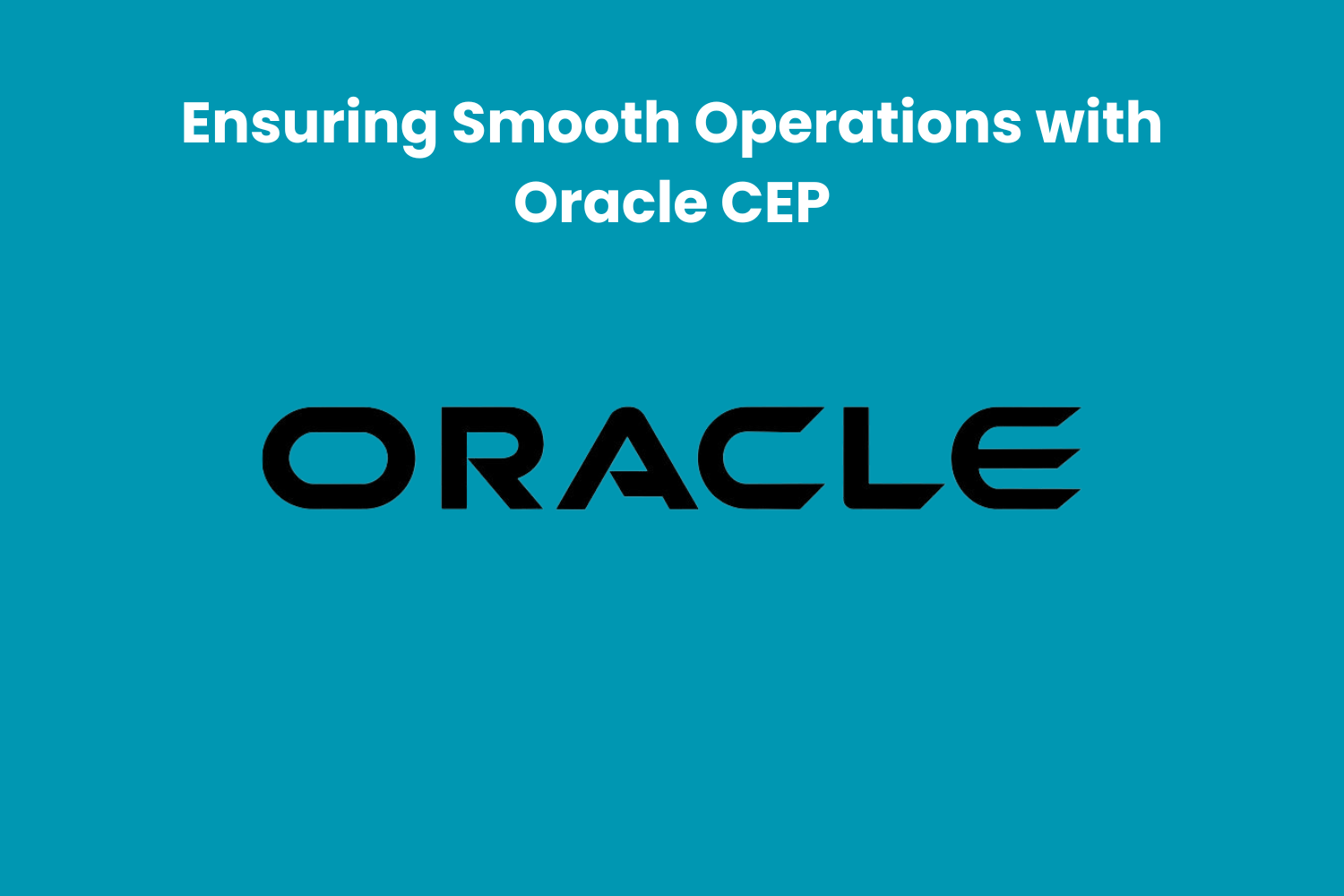Oracle R12 is a comprehensive suite of enterprise applications that streamline business processes across various functions such as finance, supply chain management, and human resources. To ensure the seamless functioning of these applications, organizations often leverage Oracle Event Processing (CEP), a powerful tool that allows real-time event-driven processing and analysis of streaming data. In this article, we will explore how Oracle Training and Oracle Event Processing can be combined to ensure smooth operations and maximize the benefits of Oracle’s enterprise solutions.
Table of Contents
- Understanding Oracle R12 and Oracle CEP
- The Role of Oracle R12 Training
- Leveraging Oracle CEP for Smooth Operations
- Best Practices for Oracle R12 and Oracle CEP Integration
- Conclusion
Understanding Oracle R12 and Oracle CEP
Oracle R12 is a powerful enterprise resource planning (ERP) system that offers integrated business applications to assist companies in streamlining operations, automating procedures, and gaining performance insights. It supports modules that address various company requirements, such as Oracle Financials, Oracle Supply Chain Management, and Oracle Human Capital Management.
However, a vital part of Oracle’s middleware products is Oracle Event Processing (CEP), designed to manage complicated event processing (CEP) duties and high-volume, real-time event streams. It is an important instrument for monitoring and controlling operational procedures, allowing organisations to record, examine, and react to occurrences in real-time.
The Role of Oracle R12 Training
A thorough grasp of Oracle R12’s features and capabilities is necessary for effective use. Oracle R12 training programmes provide users with the information and abilities they need to get the most out of Oracle’s corporate applications. These training courses enable customers to fully use the ERP package by covering various Oracle R12 topics, including customisation, maintenance, and deployment.
Leveraging Oracle CEP for Smooth Operations
For an enterprise that uses Oracle R12, Oracle CEP might be vital to maintaining seamless operations. These are the advantages that organisations may have by combining Oracle CEP with Oracle R12:
- Real-time Monitoring and Analysis: Oracle CEP enables real-time monitoring of events and data streams from Oracle R12 applications. Organisations can take proactive steps to optimise operations, analyse trends, and quickly detect concerns because of this real-time information.
- Event-Driven Automation: Organisations may automate repetitive operations and processes based on predetermined rules and circumstances using Oracle CEP’s event-driven capabilities. This automation lowers the need for human intervention, boosts productivity, and lowers the possibility of mistakes.
- Predictive Insights: Organisations may get predictive insights into their operations using Oracle CEP’s capacity to handle and analyse massive amounts of data in real-time. Organisations can foresee future problems and take preventative action by seeing trends and abnormalities in data streams.
- Enhanced Scalability and Performance: Oracle CEP is designed to handle high-volume, high-velocity data streams, making it highly scalable and capable of supporting the growing demands of modern enterprises. Because of its scalability, Oracle R12 applications can continue to operate at peak efficiency even with growing data quantities.
Best Practices for Oracle R12 and Oracle CEP Integration
The following recommended practices should be taken into consideration by organisations to guarantee the smooth integration and efficient use of Oracle R12 with Oracle CEP:
- Thorough Requirements Analysis: Before integrating Oracle R12 with Oracle CEP, organizations should thoroughly analyse their business requirements and objectives. Oracle CEP may be most beneficially used in the use cases and situations this investigation identifies.
- Robust Data Integration: Seamless data integration between Oracle R12 and Oracle CEP is essential for ensuring the accuracy and reliability of real-time data processing. Companies should set up reliable pipelines for data integration so information can move between the two systems effectively.
- Performance Monitoring and Optimization: Continuous monitoring of the performance of Oracle R12 and Oracle CEP is crucial for identifying bottlenecks and optimizing the integration. Organisations should have monitoring tools and procedures to track important performance indicators and make necessary modifications.
- Security and Compliance: When integrating Oracle R12 with Oracle CEP, security and compliance issues should be given high attention. Organisations should put Strong security measures in place to safeguard confidential information and guarantee adherence to industry rules.
Conclusion
Organisations using Oracle’s business applications may greatly improve operational efficiency by implementing Oracle Event Processing (CEP) and Oracle R12 training. Using Oracle CEP’s real-time event processing features and integration with Oracle R12, enterprises may guarantee seamless operations, get significant insights, and achieve superior business results. It is crucial for organisations to engage in thorough training and adhere to integration best practices if they want to get the most out of Oracle R12 and Oracle CEP.
